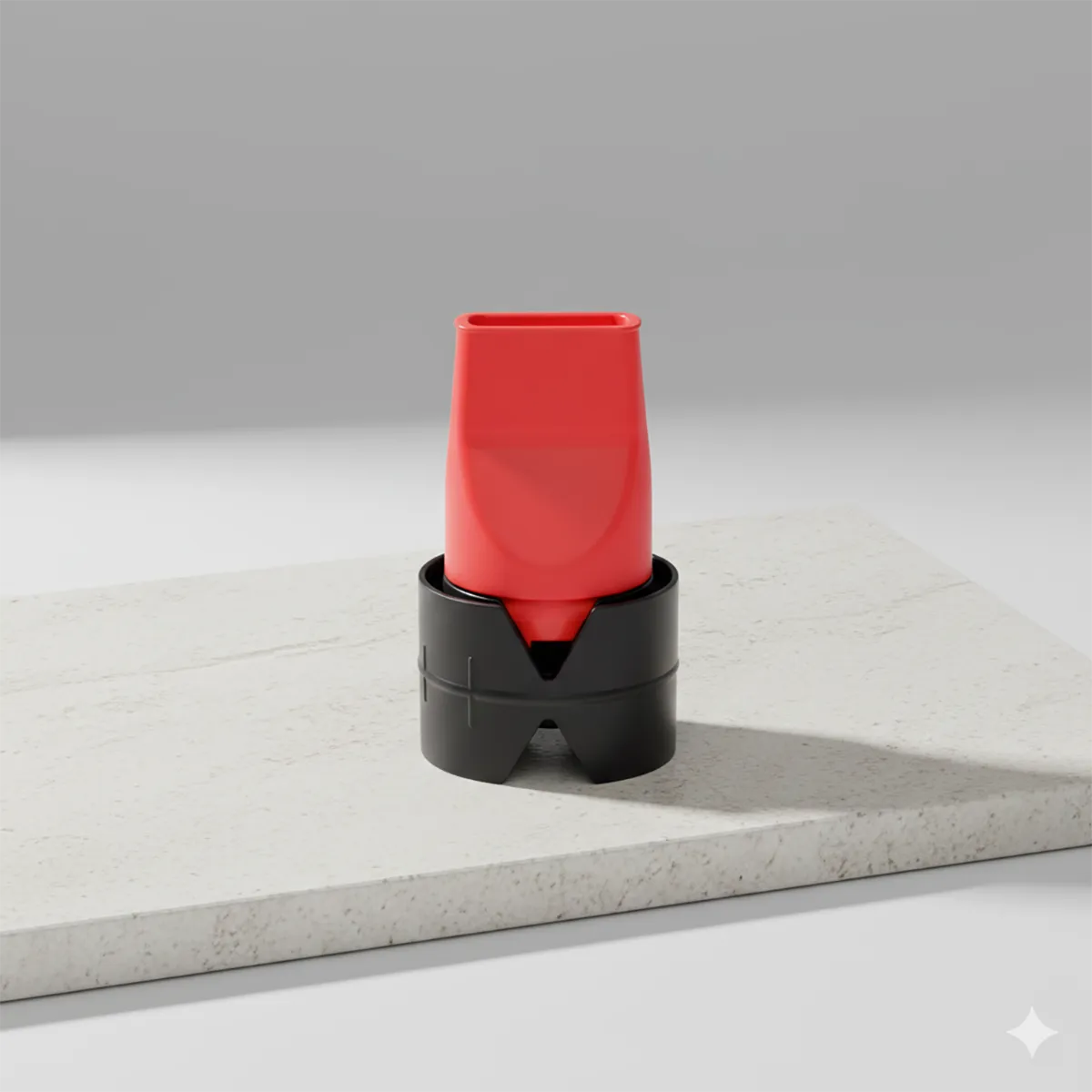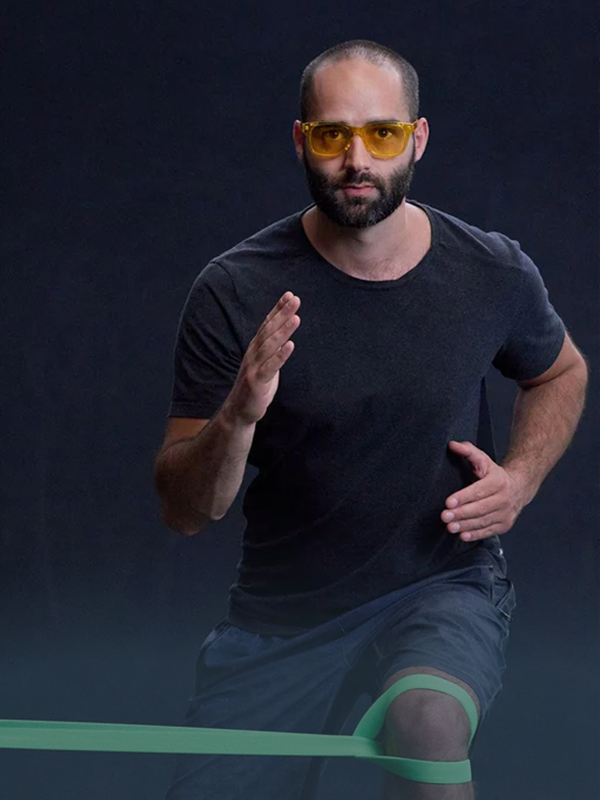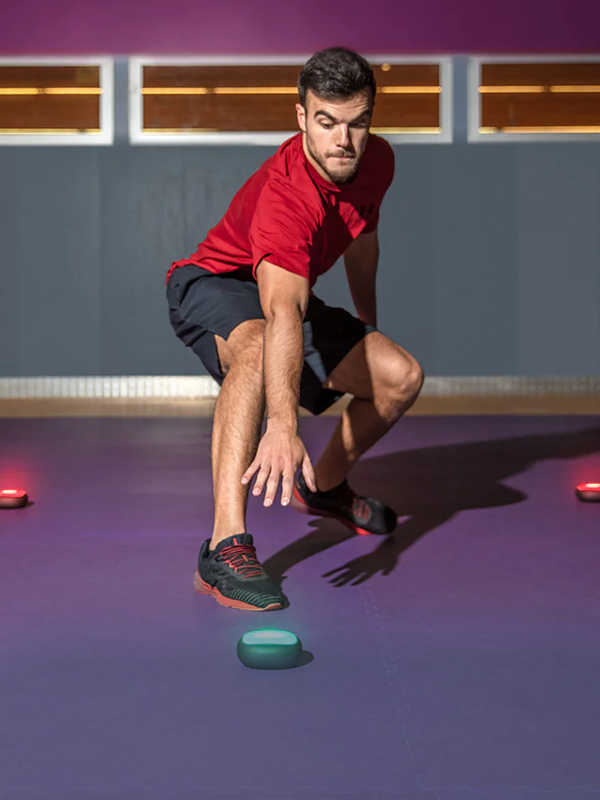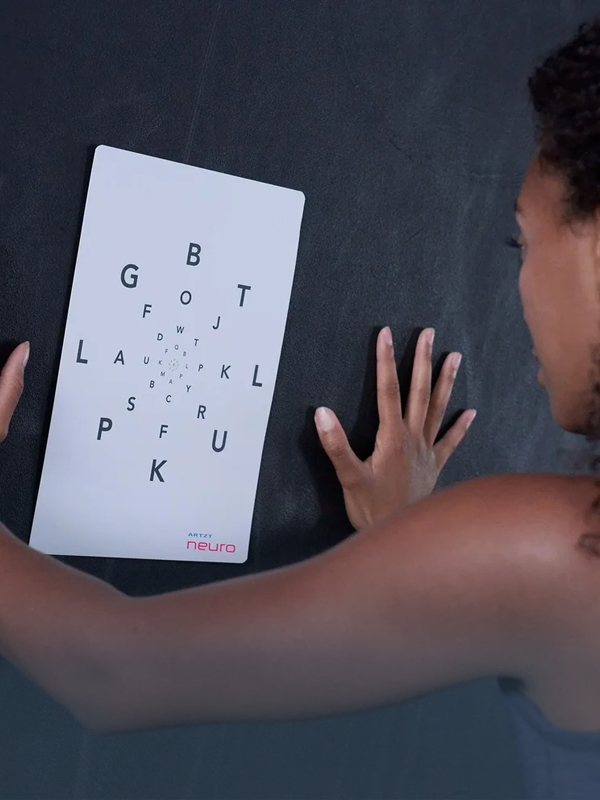Reading time: 5 minutes
The digital world has a profound impact on our brains. The constant flood of stimuli from technology can cause stress, which negatively impacts our health and concentration. But we can do something about it. Neurotrainer Luise Walther explains which tips can help in everyday life.
Contents
Digital overload occurs so quickly
Digitalization undoubtedly has a tremendous impact on our lives. Smartphones, tablets, and other devices allow us to access information, communicate, and be entertained around the clock. This is a great achievement, but it also poses risks. The rapid development of technology poses a major challenge to our bodies , especially our brains and nervous systems, which have not fundamentally changed for millions of years.
The flood of messages, emails, pop-ups, and social media content causes us to become more easily distracted and constantly switch between various screen tasks and other mental tasks, both at work and at home. However, human attention is limited and can only be effectively focused on one thing. There comes a point where our Stone Age brain can no longer mentally handle the amount of information . The result: digital overload.
Your brain needs rest
Luise Walther, an expert in neurotraining, explains the phenomenon as follows: "Due to constant multitasking, our brain is permanently in a state of stimulation and alert. This can lead to the overproduction of stress hormones. If we don't allow ourselves sufficient downtime to reduce stress, and do so over a longer period of time, the system will eventually go on strike."
The consequences can be tension, headaches, fatigue, irritability, difficulty concentrating, and a decrease in productivity. For some people, the stress left undigested during the day even continues into the night, causing them to grind their teeth .
"Instead of constantly pushing yourself, it's important to take measures to regulate stress."
What can you do about digital stress?
If you want to escape digital sensory overload and prevent health problems, you should become aware of how you deal with stress. It's about taking responsibility for yourself and your feelings in terms of stress management. For example, for the feelings of "overwhelm" and "overwhelm."
"Instead of constantly pushing yourself, it's important to take measures to regulate stress. It's about focusing your attention on your own body awareness so that your brain doesn't become overloaded. This is the only way to avoid chronic stress and its negative effects on body and mind," explains Walther.
Regular exercise, a balanced diet, sufficient sleep, strict screen breaks, and relaxation techniques like meditation all help reduce physical and mental stress and improve your health. Neurotraining can also help counteract digital sensory overload.
Relief through neurotraining
Movements from neurocentric training can help you relieve stress on your nervous system . For your body to function smoothly, your brain needs precise information from it, which it evaluates and processes. These sensory signals come from, for example, the eyes or the sense of balance. If the quality of the transmitted data is inadequate, the nervous system reacts with protective mechanisms such as muscle tension or pain.
With targeted exercises, you can improve the connection between body and brain. Various tools such as vision charts, breathing belts, and color glasses can help you do this.
Reprogramming the brain
The question remains how you can integrate these health tips into your already busy work and family life. After all, these tips shouldn't become an additional burden or make your time management even more difficult. For this to work in your daily routine, you need appropriate triggers that influence your behavior by directing your focus on certain actions.
Neuro-coach Walther explains: "A simple example is the ringing of the alarm clock in the morning, which signals us to get up and start the day. Sweets lying around in the kitchen can also be a trigger that tempts us to eat them as unhealthy snacks."
By becoming aware of how stimuli influence your behavior , you have the opportunity to create targeted, positive incentives. These can help establish new habits or change existing ones.
Tip : When your head is spinning and the digital burden becomes a constant work in progress, some companies offer their employees help – for precisely those invisible situations where too much is simply too much. Perhaps your employer offers similar services?
5 triggers against digital overload
1. Time-related triggers:
- After 60 minutes of intensive screen work, take a short active break. You can schedule this with a timer or calendar entry, for example, and simply place the breathing belt next to your desk.
- Plan a 10-minute exercise break before lunch and after each coffee break.
- At the end of each work block, perform a short exercise sequence.
2. Visual triggers:
- Stick the eye chart on your office door and do some eye exercises every time you leave the room.
- Put a Post-It on your screen with the reminder: “Let your gaze wander into the distance.”
- Set an image as your screen background that reminds you of active breaks.
3. Sound-related triggers:
- Use relaxing background music to accompany a short exercise break.
- Use every ring from your cell phone, telephone or doorbell as a reminder to do a breathing exercise .
- Use a reminder app with soothing nature sounds to signal your breaks.
4. Location-based triggers:
- When working from home, use the view out the window as a reminder to do a short breathing exercise.
- View the walk to the kitchen or printer as an opportunity for an active break.
- Use the walk to the restroom to do a short relaxation exercise on the way.
5. Self-reward triggers:
- After a long phone call, plan a short breathing exercise to reward yourself.
- After completing a long list of emails, reward yourself with a quick visual relaxation.
- After finishing an important meeting, take a minute to breathe consciously and enjoy the moment.
Conclusion: More balance for your mind and everyday life
Sensory overload affects more and more people and is particularly noticeable at work, in family life, or in the after-work mental carousel – whether for women, men, or children. When tasks take over and the mental load increases, targeted screen breaks, conscious daily triggers, and neurotraining are real game-changers for your well-being. This way, you can better manage stressors, maintain your performance, and sustainably relieve stress on your mind. Just start – you won't regret it!
























